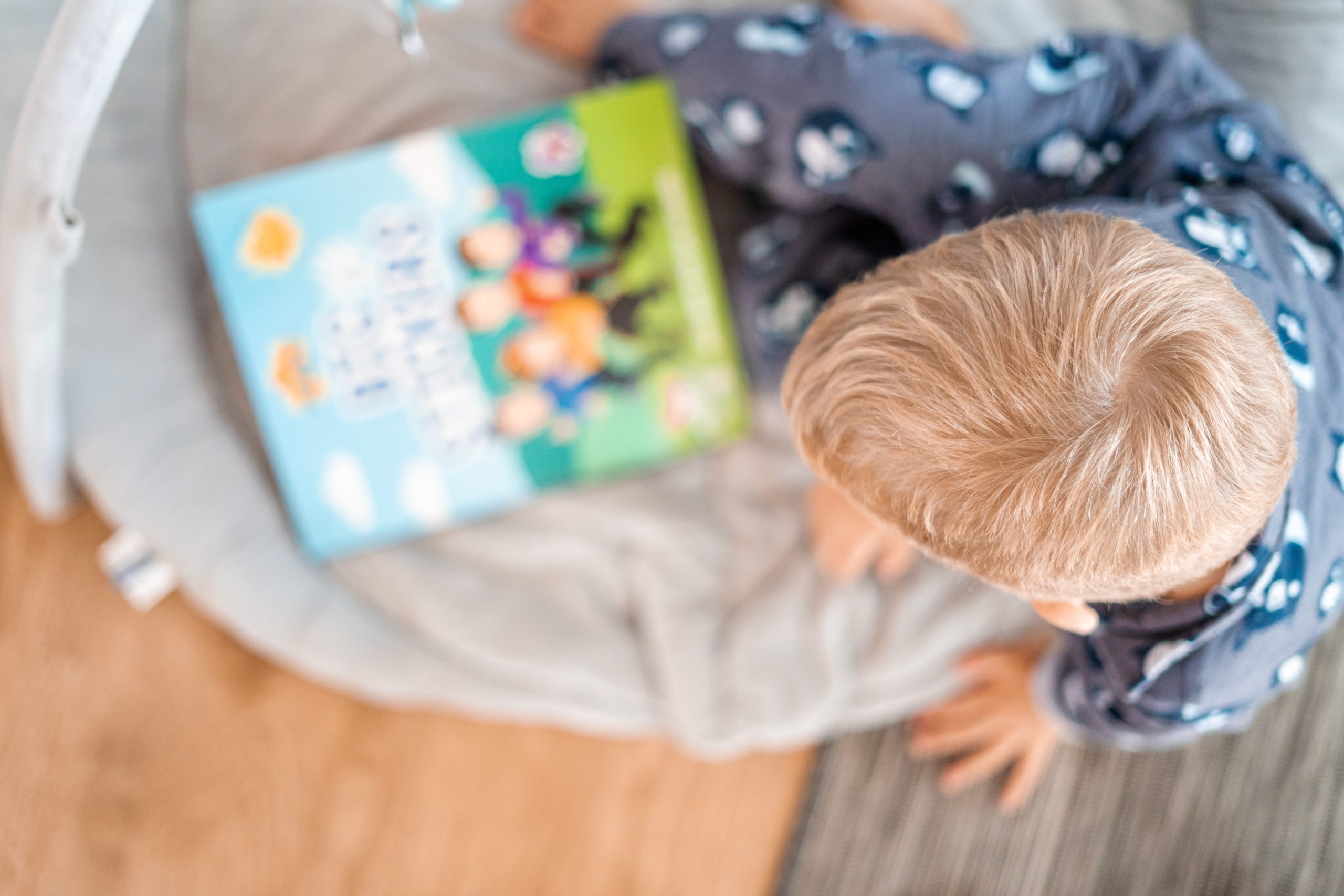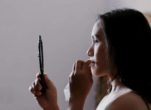
Pulling Off the Heroic Feat of Being a First Time Mom
When the baby finally arrived, after nine months of intensely emotional anticipation, a sudden realization set in: “I am a mother.”
I became a mother at 19 years old. When I first held my baby, Brayden James, born on the night of the Academy Awards in March of 2003, tears streamed down my face. I held him so tightly, I thought he might become part of me again. I wanted him to become part of me. I wanted the best for him—to love him, protect him, give him the world, and learn from him as much as he would learn from me. It was in that moment, as he looked into my eyes and I remembered who I was, that I realized I was in the dark. I had no idea what was in store, much less how I was going to pull off the heroic feat of motherhood. He and I sat with the lights turned low, getting to know each other. He cooed softly, wanting his mother’s milk that never came, and I fell in deep love.
Sometimes loves hurts. Sometimes it doesn’t. In the instance of my sweet Brayden James, it hurt so badly to not be able to give him all the loving, selfless attention he deserved at first. The day after his birth, we arrived home to my very first apartment. It smelled like cheap hazelnut candles that hid the smell of Yorkshire Terrier piss. I had rescued that dumb dog just days before going into labor. The sterilized comfort of the hospital had become my refuge. My baby and I were safe there.
Here, though, in my home that wasn’t really a home, I was overwhelmed, scared, and I had no idea what to do. I put Brayden down in his bouncer, and went upstairs to cry. His dad was there (although not for long), but I felt unsupported. I never felt appreciated for carrying this beautiful boy for nine months. It was nearly six months before I realized, “I am a mother, and I am a powerful creator of life.”
My sob story stops there.
Nearly half of all mothers experience irritability, resentment, and crying spells—the so called “baby blues.” These blues can be accompanied by low-self worth and even apathy. All of these undesirable emotions are situational but also biological. When I read that biology can play a huge part in postpartum depression (PPD), I began to consider the biological aspects and how they may have affected the first few months of motherhood.
Biological theories on the physiology of PPD are, to some extent, similar to those of other psychiatric disorders, especially those listed as major depressive disorder. Physiological effects are brought about by the endocrine system. Hormones released in preparation for childbirth and nursing can affect the entire biopsychosocial response to an otherwise beautiful situation. The suspension of ovulation and changes in the uterus also release hormones including estrogen, progesterone, testosterone, corticotropin-releasing hormone (CRH), and cortisol—a nice little combo of chaotic biological soup.
What a trip, and what a journey it has been! It’s amazing how time changes things. By the end of the year, I was feeling back in the balance, and my baby and I had bonded through co-sleeping and giggling together. I watched him dream, and I, too, realized my dream of becoming a mother. This is what I was born to do. Motherhood, as dark as it was in the beginning, has created such a brightness in my life that no longer do the dark shadows plague me. My son—and his brother, of course—are the lights of my life.











0 comments to "Pulling Off the Heroic Feat of Being a First Time Mom"